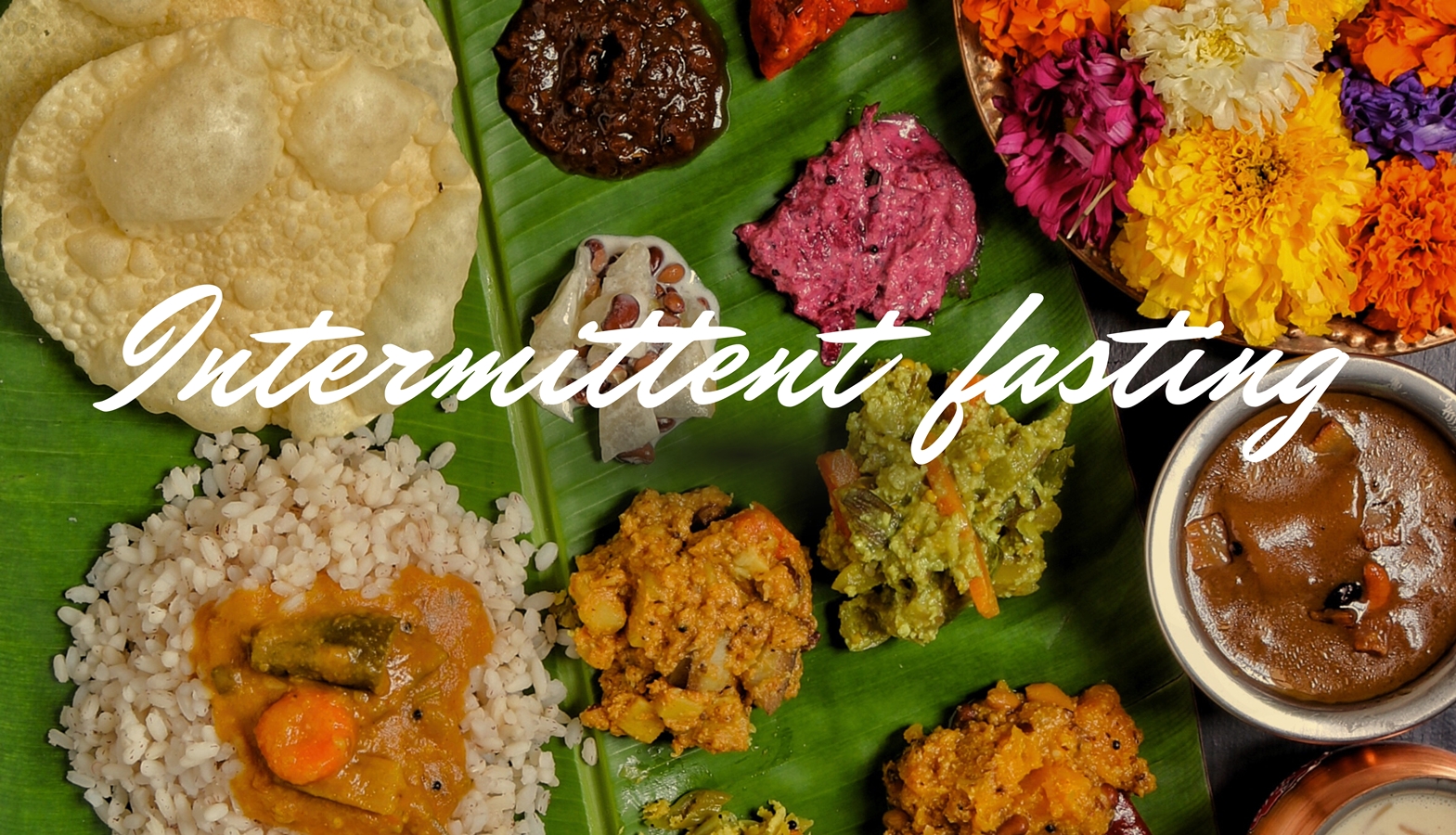In today’s wellness world, intermittent fasting (IF) has gained immense popularity for its benefits in weight management, digestion, and energy regulation. But what if your fasting routine could be tailored even more precisely — to your Ayurvedic body type (dosha)?
In Ayurveda, one size doesn’t fit all. Your inherent constitution — Vata, Pitta, or Kapha — plays a vital role in determining whether intermittent fasting will balance or aggravate your body and mind.
Let’s explore how to approach fasting through the Ayurvedic lens, including ideal fasting windows, meal timings, and tips for each dosha.
🔹 VATA DOSHA (Air + Ether)
Qualities: Light, dry, cold, irregular, mobile
Mind-body traits: Creative, quick thinkers, sensitive digestion, prone to anxiety, bloating, and dryness
Should Vata Do Intermittent Fasting?
Fasting for extended hours may disturb Vata’s fragile balance. It can increase symptoms like fatigue, dryness, constipation, and nervous energy. However, when done gently and mindfully, it can bring structure and routine.
✅ Best Fasting Approach:
- 12-hour overnight fast (e.g., 7:00 PM to 7:00 AM)
- Avoid skipping breakfast
- Meals should be warm, moist, and grounding
🍽️Ideal Meal Timings:
- Breakfast: 7:30 – 8:00 AM (must be warm and nourishing)
- Lunch: 12:00 – 12:30 PM (main meal of the day)
- Dinner: 6:00 – 6:30 PM (light and soupy)
🌿 Vata Tips:
- Add ghee to meals for nourishment
- Herbal teas like ginger or licorice can support digestion
- Avoid raw, cold foods and dry fasting
🔸 PITTA DOSHA (Fire + Water)
Qualities: Hot, sharp, oily, intense, penetrating
Mind-body traits: Intelligent, driven, strong digestion, prone to acidity, irritability, inflammation
Should Pitta Do Intermittent Fasting?
Pitta types have strong digestion, but they can become easily overheated and irritable when hungry. Fasting should never lead to skipping lunch — their most important meal.
✅ Best Fasting Approach:
- 12 to 14-hour fast (e.g., 7:00 PM to 9:00 AM)
- Avoid fasting during summer or in hot climates
- Emphasize hydration and cooling foods
🍽️ Ideal Meal Timings:
- Breakfast: 8:30 – 9:00 AM (cooling options like soaked almonds or seasonal fruits)
- Lunch: 12:00 – 1:00 PM (largest meal, well-balanced)
- Dinner: 6:00 – 6:30 PM (light, avoid spicy/oily foods)
🌿 Pitta Tips:
- Coconut water, rose tea, or fennel tea are cooling
- Include bitter and astringent tastes
- Avoid skipping meals or spicy food after fast
◻️ KAPHA DOSHA (Earth + Water)
Qualities: Heavy, slow, stable, moist, cool
Mind-body traits: Calm, steady, slow metabolism, prone to weight gain, congestion, and sluggish digestion
Should Kapha Do Intermittent Fasting?
Absolutely! Intermittent fasting is highly beneficial for Kapha types. It stimulates sluggish metabolism, supports weight management, and clears brain fog.
✅ Best Fasting Approach:
- 14 to 16-hour fast (e.g., 6:30 PM to 10:30 AM)
- Skipping breakfast may be beneficial
- Light, dry, warming meals are ideal
🍽️ Ideal Meal Timings:
- Brunch: 10:30 – 11:00 AM (if hungry)
- Lunch: 11:00 – 12:30 PM (main meal)
- Dinner: 6:00 – 6:30 PM (very light)
🌿 Kapha Tips:
- Sip warm water or ginger tea during fasting window
- Avoid dairy, sweets, and cold foods
- Daily movement or brisk walking enhances results
🌅 Why Meal Timing Matters in Ayurveda
In Ayurveda, Agni (digestive fire) is strongest around midday, aligning with the sun’s peak. That’s why lunch is ideally the heaviest meal for all doshas.
Dinner should be light and eaten before sunset (6:00–6:30 PM) to support detox and rest overnight.
Intermittent fasting can be a powerful healing tool when aligned with your dosha constitution. Instead of following modern trends blindly, Ayurveda encourages you to tune into your body’s natural rhythms.
✨ Want to know your dosha type or get a custom fasting and diet plan?
Book your personalised Ayurveda Consultation with us.

